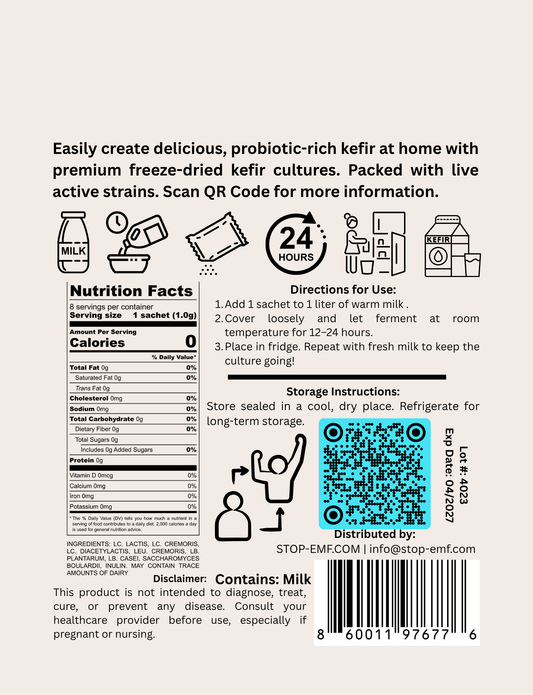In the not-so-distant future, the concept of a "smart city" will no longer be a mere futuristic dream, but a reality that we will all experience firsthand. As we stand on the cusp of a technological revolution, the world is about to witness the dawn of a new era – one where our cities will become living, breathing entities, seamlessly integrated with the latest advancements in IoT (Internet of Things), AI (Artificial Intelligence), and renewable energy.
Imagine a world where your daily commute is effortless, with self-driving cars navigating the streets with precision, adapting to the ever-changing traffic patterns. Where your home is a personalized oasis, with smart meters and appliances that anticipate your needs, optimizing energy consumption and ensuring your comfort. Welcome to the smart city of the future, where technology and sustainability converge to create a harmonious and efficient urban landscape.
The Rise of the Smart City
The concept of a smart city is not a new one, but it has gained significant momentum in recent years. As the world grapples with the challenges of urbanization, climate change, and resource scarcity, the need for innovative solutions has become increasingly pressing. Enter the smart city – a vision of a city that leverages technology to improve the quality of life for its residents, while also addressing environmental concerns.
At the heart of the smart city lies the integration of IoT devices and sensors, which collect and analyze vast amounts of data. This data is then used to optimize various aspects of city life, from traffic management and energy distribution to waste management and public safety. Imagine a city where streetlights dim automatically when no one is around, or where waste collection is scheduled based on real-time data on trash levels.
But the smart city is not just about efficiency – it's also about personalization. With the help of AI, cities will be able to tailor their services to the unique needs and preferences of each individual. Imagine a world where your personalized health treatment is delivered to your doorstep, or where your daily routine is seamlessly integrated with the city's infrastructure, ensuring that you never miss a beat.
The Environmental Benefits of Smart Cities
As the world grapples with the pressing issue of climate change, the smart city offers a glimmer of hope. By leveraging renewable energy sources and implementing sustainable practices, smart cities have the potential to significantly reduce their carbon footprint and contribute to a greener future.
Imagine a city where solar panels and wind turbines dot the skyline, generating clean energy to power homes and businesses. Where electric vehicles are the norm, with charging stations conveniently located throughout the city. Where waste is recycled and repurposed, with innovative solutions that turn trash into valuable resources.
But the environmental benefits of smart cities go beyond just energy and waste management. By optimizing transportation and reducing the need for individual car ownership, smart cities can also help to improve air quality and reduce congestion. Imagine a city where public transportation is seamless and efficient, with real-time updates on schedules and routes, making it easier for residents to leave their cars at home.
The Future of Healthcare in Smart Cities
One of the most exciting aspects of the smart city is its potential to revolutionize healthcare. With the integration of IoT devices and AI-powered personalized treatment, the future of healthcare in smart cities is truly remarkable.
Imagine a world where your personal health data is constantly monitored, with sensors tracking your vital signs and activity levels. Where your doctor can remotely diagnose and treat you, with the help of advanced telemedicine technologies. Where your personalized treatment plan is delivered to your doorstep, tailored to your unique genetic makeup and lifestyle.
But the benefits of smart city healthcare go beyond just individual care. By collecting and analyzing vast amounts of data, smart cities can also identify and address public health concerns more effectively. Imagine a city where outbreaks are detected and contained in real-time, with the help of AI-powered disease surveillance systems.
The Golden Age of Technology
As we look towards the future, it's clear that the smart city is not just a pipe dream, but a reality that is rapidly taking shape. With the rapid advancements in technology, the possibilities are endless, and the potential to transform our urban landscapes is truly exciting.
From the seamless integration of IoT devices to the personalization of healthcare, the smart city of the future promises to usher in a new golden age of technology. It's a future where technology and sustainability work hand-in-hand to create a better, more efficient, and more livable world for all.
So, as we stand on the precipice of this technological revolution, let us embrace the promise of the smart city and look forward to the countless ways in which it will improve our lives. The future is here, and it's time to embrace it.






